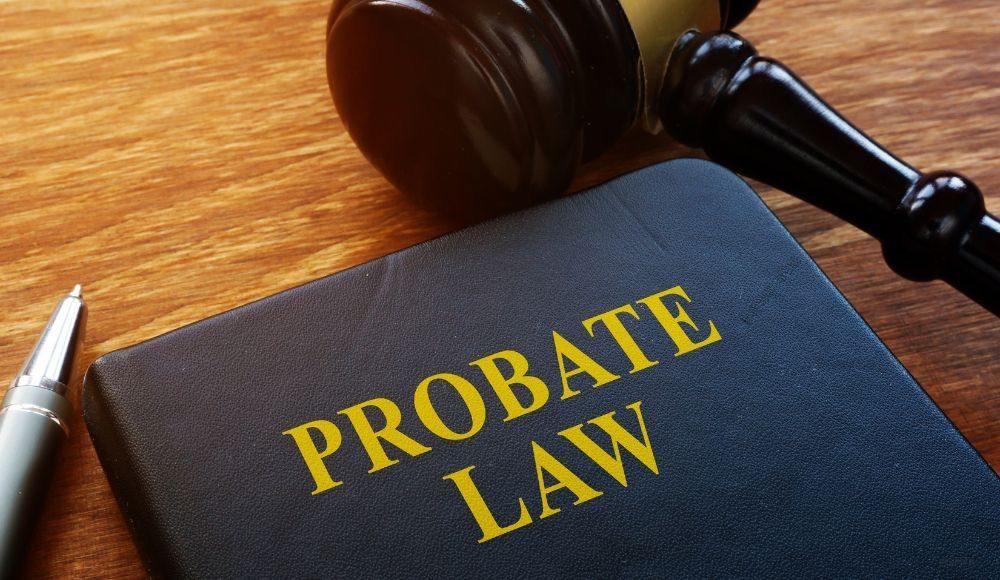Understanding Probate Litigation

Probate litigation is a legal process when disputes arise during an estate's probate. It involves heirs, beneficiaries, executors, or administrators filing lawsuits to resolve conflicts related to wills, trusts, or estate administration.
Understanding probate litigation is essential for anyone involved in the administration of an estate, as it can significantly impact the outcome of inheritance and estate proceedings. Here is what you should know:
Will Contests
Will contests are formal legal challenges to the validity of a will during probate. These disputes arise when an interested party believes the will does not accurately reflect the testator's true intentions or is invalid for other reasons.
Common reasons for challenging a will include:
Lack of testamentary capacity
- Undue influence
- Fraud or coercion
- Improper execution
- Insane delusion
A person must have legal standing to contest a will, typically meaning they have a direct financial interest in the estate or are named in the will.
Initially, the will's proponent must prove it was executed correctly. If challenged, the burden shifts to the contestant to prove the will's invalidity.
Will contests are typically handled in probate court with the challenger providing evidence supporting their claims, which can include:
- Eyewitness testimony
- Medical records
- Expert opinions
- Circumstantial evidence
Courts generally presume a will's validity unless compelling evidence proves otherwise.
Trust Disputes
Trust disputes arise over the management, interpretation, or execution of a trust. These disagreements typically involve trustees, beneficiaries, or other interested parties and can occur for various reasons, including:
- Beneficiaries may accuse trustees of failing to fulfill their fiduciary duties, such as improperly investing, self-dealing, or distributing assets as outlined in the trust document.
- Vague or unclear language in the trust can lead to differing interpretations of the grantor's intentions, causing disputes over distribution terms or trustee powers.
- Conflicts between beneficiaries occur because of perceived favoritism, sibling rivalries, or unequal distributions.
- Attempts to change or end a trust can lead to disputes, especially when beneficiaries or trustees seek to alter the terms after the grantor's death.
- Breach of fiduciary duty occurs when a trustee fails to act in the best interests of the beneficiaries, such as not providing required accountings, improperly using trust assets, or failing to file tax returns.
- Heirs may contest the trust's validity due to concerns about the grantor's capacity or undue influence.
Estate Management Conflicts
Estate management conflicts often emerge during the administration of an estate, frequently related to the interpretation of the will, distribution of assets, or management of trust funds. Common triggers include unclear or contested wills, where beneficiaries dispute the deceased's intentions, or perceived mismanagement by the executor, leading to allegations of favoritism or mishandling of assets.
Family dynamics and emotions often complicate these disputes, as longstanding grievances may resurface. Resolving such conflicts typically requires mediation or legal intervention to ensure a fair distribution, compliance with the deceased's wishes, and adherence to legal obligations.
Experienced Probate Litigation Attorneys You Trust
Our civil litigation attorneys specialize in representing parties involved in these disputes. Whether you are the plaintiff or defendant, the experienced legal team at Bingaman Hess will provide knowledgeable guidance while offering all the options to help you achieve the desired outcome.
Contact us today at 610.374.8377 or find us online.










